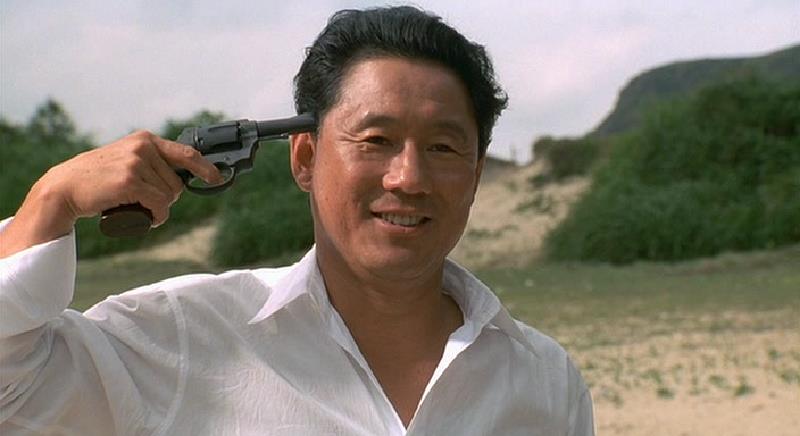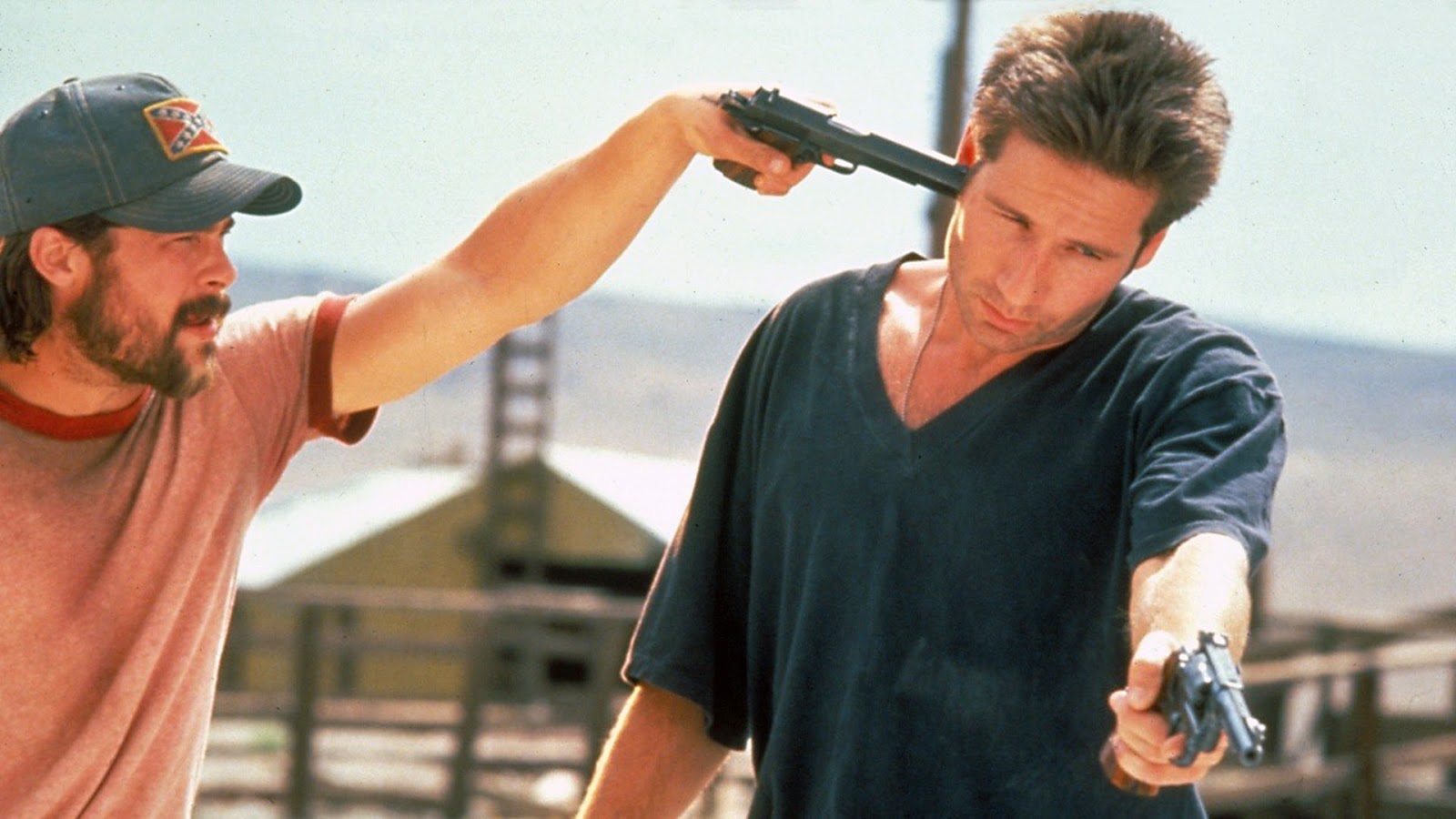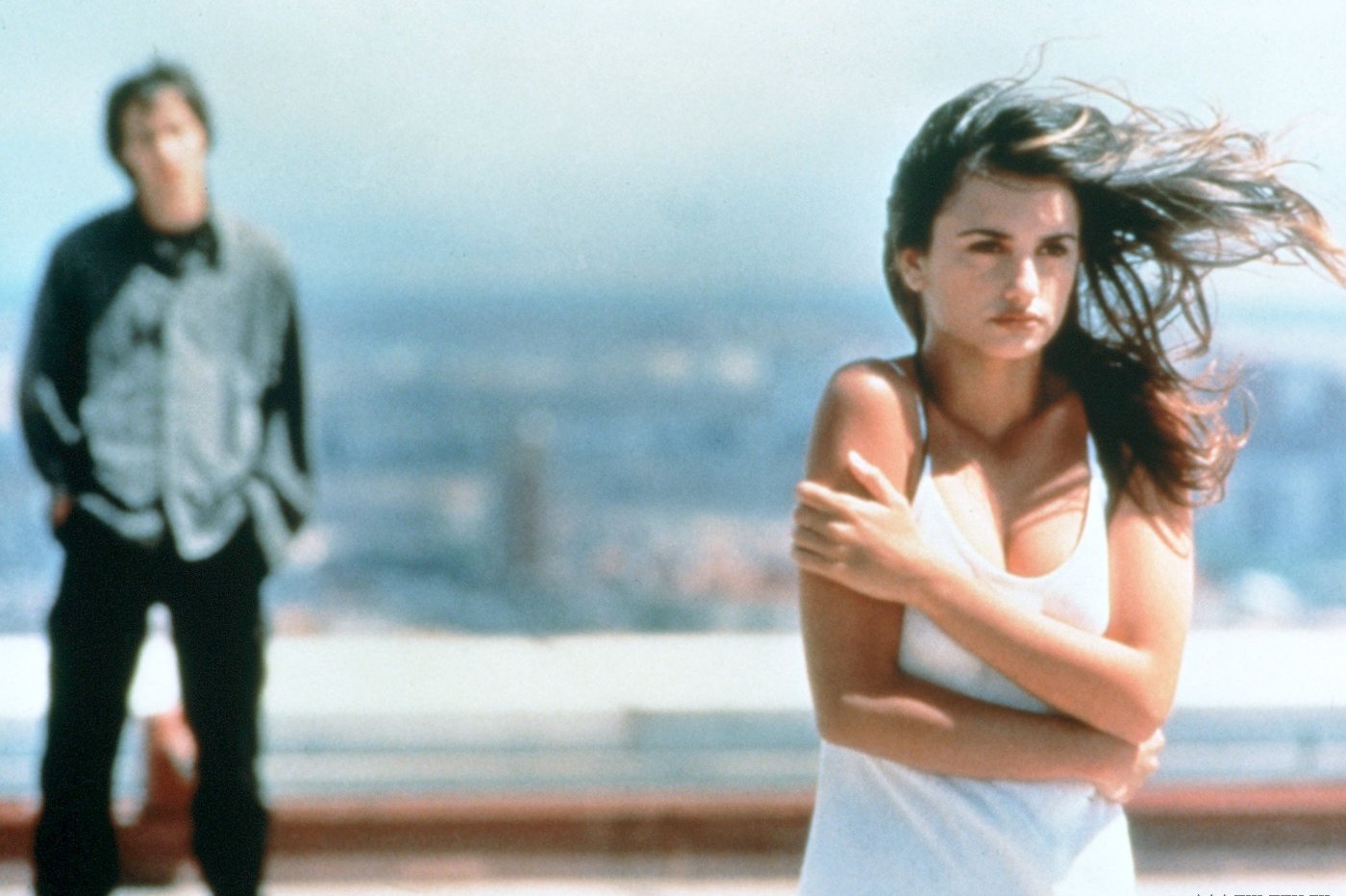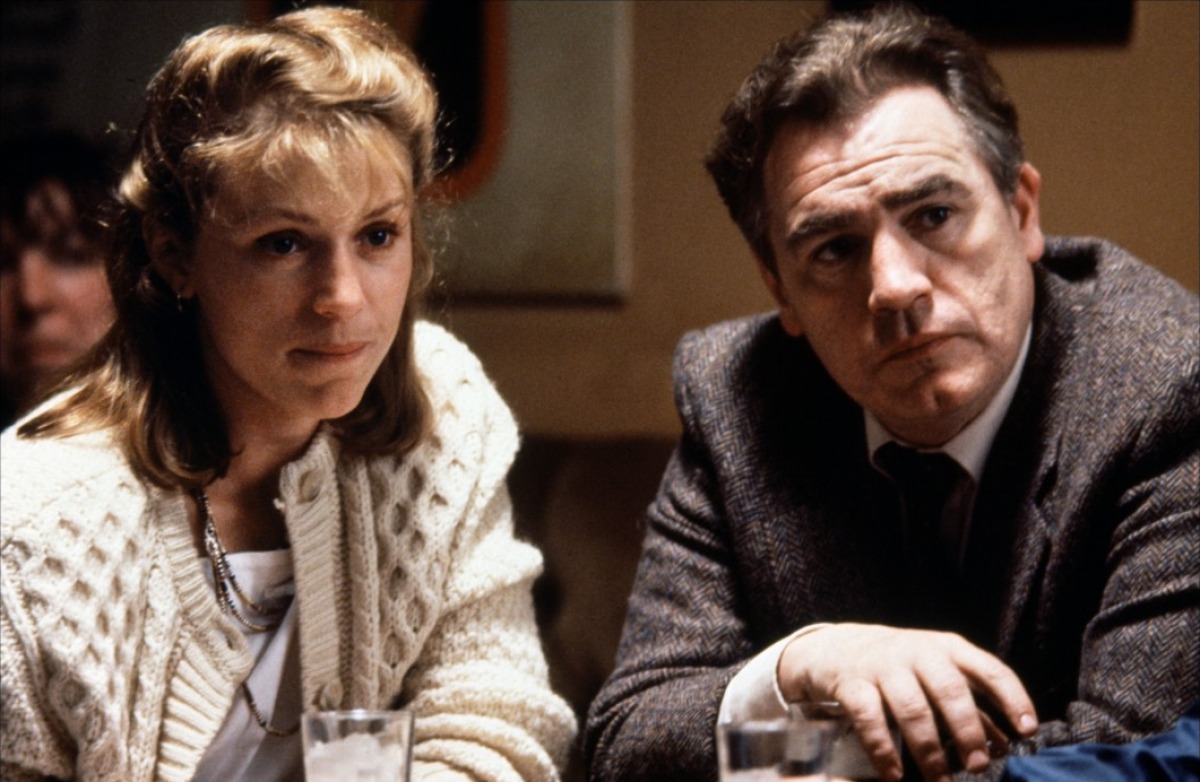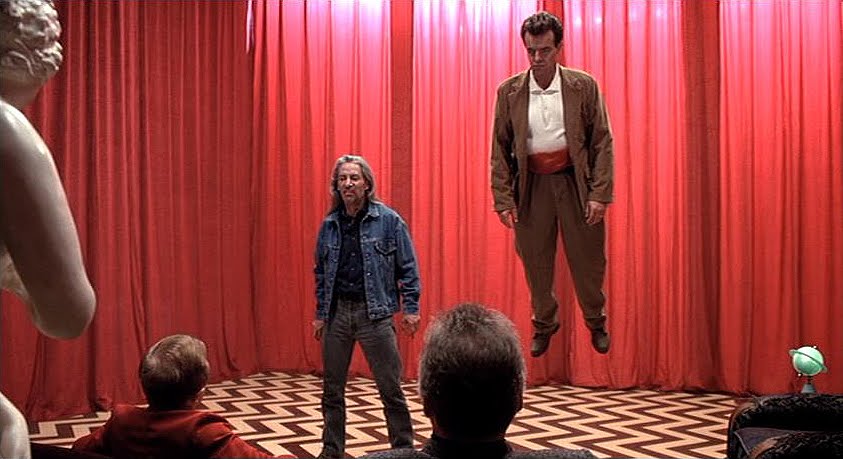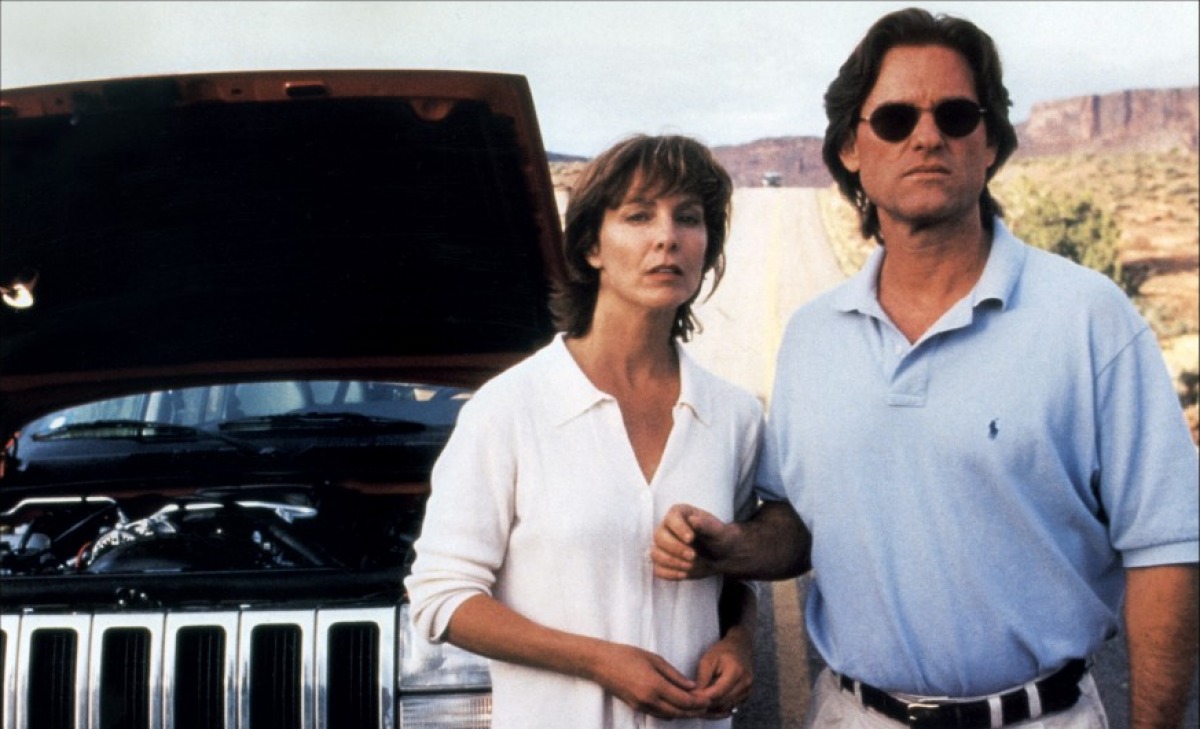14. Sonatine (1993)
The Plot
After a botched assignment and suspicions of his own superiors wanting to kill him arise, Murakawa – a disenchanted yakuza gangster – flees to an isolated beach resort with his remaining men in the hopes that they will be safe from their rival yakuza gang and also from their own faction. Whilst on the beach, the group pass their time by playing a series of violent games as their enemies begin to close in on their whereabouts.
Why It’s So Great
Sonatine is one of the best films from one of the most unique filmmakers of modern cinema. Never a man for conventional filmmaking, Takeshi “Beat” Kitano (who wrote, directed, edited and starred as Murakawa) weaves a minimalist, offbeat and slightly surreal thriller which essentially turns the gangster – and the yakuza film – on its head. The acting is often expressionless and deadpan (especially from Kitano) and the action is totally unglamorous, typical Kitano.
The existential nature of the film and Murakawa’s fantasies of suicide perhaps served as prophetic due to Kitano’s own supposed suicide attempt which occurred in 1994. Watching the film with this incident in mind, it bizarrely makes the film all the more compelling as the character of Murakawa and the actor Kitano feel strangely intertwined.
Kitano has made a number of stunning feature films from ‘Boiling Point’, ‘Hana-Bi’ and ‘Kikujiro’. Sonatine is not one to be missed either.
13. Kalifornia (1993)
The Plot
Brian and Carrie are a student couple who intend to embark on a cross country road trip where they will visit various murder sites linked to infamous serial killers in order to write a book on the subject. Being short on money for fuel, the couple advertise for people to join them on their journey as long as help to pay; they gain the attention from an odd couple (Early and Adele) who join them for the ride. Unbeknownst to Brian and Carrie, Early is in fact himself a vicious serial killer himself who is on the run from the authorities.
Why It’s So Great
Kalifornia’s Badlands-esque premise sounds predictable and clichéd, but thankfully the film proves to be a rather startling exploration into why people are so fascinated by the more morbid side to human nature. Spending time together in such close proximity with one another, it is interesting to see the two disparate characters tolerate and bounce off one another but – in the back of the audiences mind – they know full well that the malevolent Early is in charge of the situation.
The film is seen largely through Carrie (Michelle Forbes), the most rational character in the film; Early is constantly pushing her buttons and encouraging Brian into taking needless risks, teaching him how to fire guns and trying to get him in on his murderous activities. The fact that the film culminates with Carrie suffering the most makes it all the more harrowing and altogether a very daring film.
As well as a cast including David Duchovny and Juliette Lewis, Kalifornia features a terrific turn from Brad Pitt as the deranged Early who totally eschewed his pretty boy image with this film.
12. Abre Los Ojos (1997)
The Plot
César is a wealthy playboy who – after a car crash with a jealous past lover – is left with a severe facial disfigurement. Just when life seems to be getting back to normal for César, it begins to spiral back out of control when his friend’s identities begin to switch and he later finds himself on trial for murder.
Why It’s So Great
This is the original film to the bombastic and still highly respectable remake, ‘Vanilla Sky’ so it is often overshadowed by the big names of Tom Cruise and Cameron Diaz who featured in the 2001 version although Penélope Cruz did reprise her role as Sofia. Abre Los Ojos merges what may or may not be reality with what may or may not be dreams with what may or may not be visions of the afterlife to create a story that is exceedingly perplexing.
The initial and seemingly ordinary love story set-up is thrown against the usually contrasting themes of immortality and cryonics which then takes the film into the realms of fantasy, science-fiction and the conspiracy thriller causing many stylistic conflictions and makes for a rattling cinematic experience.
Abre Los Ojos definitely feels like the most earnest version of the film, the acting feels a lot more natural, there are even more possible interpretations of the events and the whole film feels a lot more intense. Because it was such an original piece of fiction when first appearing 1997, it still feels fresh and ‘Vanilla Sky’ has not really lessened the original’s boldness in that respect.
11. Felicia’s Journey (1999)
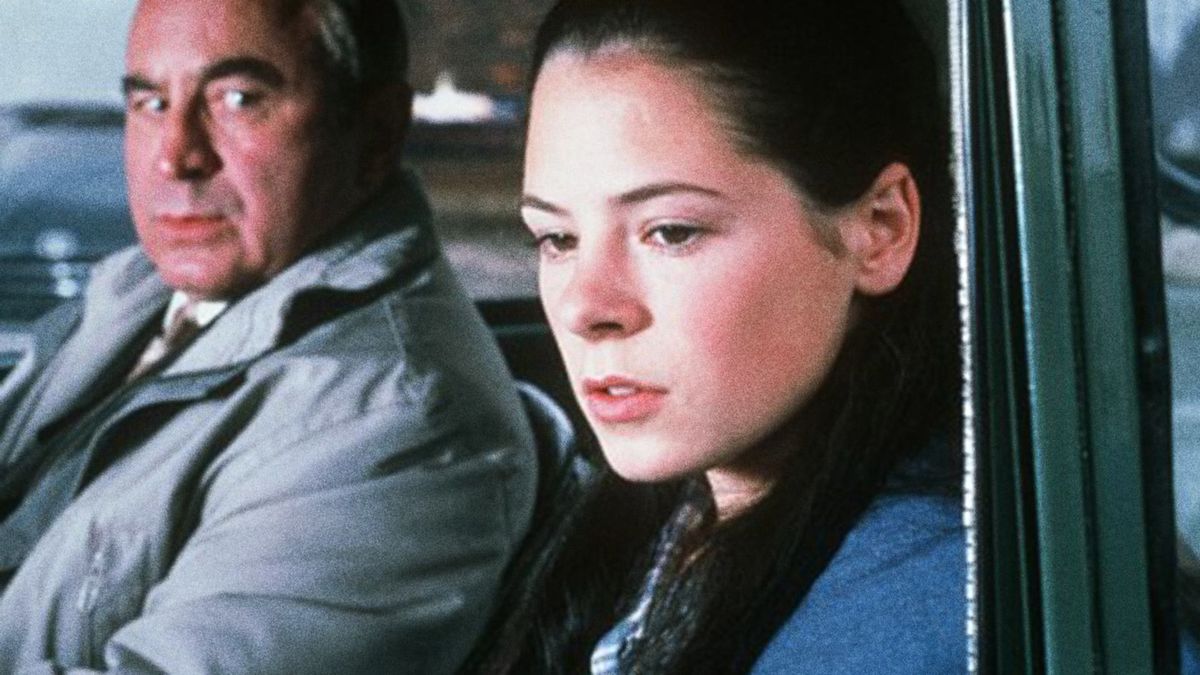
The Plot
The titular Felicia has ferried from Ireland to Birmingham in search for her lover who has joined the British Army and will not return any of her letters. After days of searching for him to no avail, she takes the helping hand from Hilditch, an affable factory catering manager who secretly has a sinister penchant for filming young girls and spends his home time watching videos of his now-deceased mother in an old cookery program.
Why It’s So Great
Felicia’s Journey is a deeply discomforting film; the late Bob Hoskins’ staggering performance as Hilditch is quite possibly one of the most unsettling portrayals of a paedophile ever put to screen. His acting is not dramatic nor is the character psychopathic, but it is in his awkwardly welcoming manner coupled with the fact that the audience is made aware of his behind-closed-doors activities early on that make him all the more sinister. Only when we realise that he is going as far as to clandestinely steal Felicia’s money and lie about having a dying wife do things start to get really dark.
For the most part, Felicia’s Journey is a tale of childhood; the young character of Felicia has her innocence and naivety psychologically exploited time after time by her family, her lover and finally, Hilditch. Hilditch on the other hand constantly thinks back to when he was a child, undergoing an unconventional upbringing which still haunts him and effectively shaped him to the way he has turned out.
The film is not all doom and gloom however, it does actually feature a faint and peculiar line of humour that runs right through it thanks to Hilditch’s almost preposterous strive to keep Felicia’s presence. His overly steady brummie speech will be enough to amuse a few people too.
10. Hidden Agenda (1990)
The Plot
Set in the mid-1980s amidst the real-life terrorism troubles in Northern Ireland, an American Civil Rights activist is murdered when he comes into the possession of a tape recording containing sensitive political material. A crack British police officer is brought over to investigate the case, but as he begins to make progress he soon realises that the deeper he gets the more his life is at risk.
Why It’s So Great
Although the film unsurprisingly proved to be controversial during its release, the power of Hidden Agenda’s messages that link directly to the IRA fighting may have subsided somewhat in recent years due to the conflicts tenuous resolution in 1998. That said, the film’s analysis of political and police corruption as well as the “shoot to kill” policy being exercised remain genuinely affronting and will surely carry on unsettling audiences for some time.
The film features a trio of recognizable faces in Brad Dourif, Frances McDormand and Brian Cox (as the police officer) whose relocation from Hollywood movies to the grey streets of 80s Belfast – coupled with the incendiary subject matter – produces a huge sense of vulnerability that hovers over them until the end. Cox’s performance, specifically, is very natural; he seems at home in a Ken Loach movie where everything often seems to be instinctive affording the film a heap of plausibility. Dated in its subject matter? Perhaps. But utterly compulsive nonetheless.
9. Twin Peaks: Fire Walk With Me (1992)
The Plot
Twin Peaks: Fire Walk With Me is David Lynch directed prequel to his own celebrated cult TV show. The film showcases the last seven days of Laura Palmer (the homecoming queen who is found “wrapped in plastic” at the beginning of the show) and delves headfirst into her increasingly chaotic private life resulting in one of the most harrowing thrillers of the 90s.
Why It’s So Great
‘Fire Walk With Me’ was eagerly awaited by the vast number of fans to tie up the frayed ends left by the sudden cancellation of TV series with concrete answers. What they got was an even more enigmatic odyssey that left even more questions unanswered that there was before the film’s release. Needless to say, the film was one of the least popular films of 1992.
However, none of this matters because viewed in isolation as simply “the last seven days of Laura Palmer” it is simply mesmeric and Sheryl Lee’s performance is as intense as it is magnificent. The film is often an incredibly horrifying experience and goes to places where even your nightmares are not supposed to take you. The series delved into sordid subject matter on a regular basis, but here it is propelled it to an almost exhausting degree (see the audibly disorientating ‘Pink Room’ scene and Killer Bob’s blood-freezing occurrences).
Most of Lynch’s work – and the TV series itself – unfortunately eclipse this film but it is well worth the watch if you fancy coming full circle with the series, or simply scaring the pants off yourself.
8. Breakdown (1997)
The Plot
Whilst Jeff and Amy Taylor are driving across America to start a new life in San Diego, their SUV breaks down in the middle of nowhere leaving them stranded. Soon enough, a semi-truck passes by and the driver gives Amy a lift to the nearest phone. But when Jeff manages to get the vehicle moving again, his wife is not where she was supposed to be and the truck driver denies ever seeing the couple…
Why It’s So Great
Jonathan Mostow’s third directorial feature is an impressively taut compact thriller that makes a lot from such a simple premise. The ideas, imagery and central themes which the film expounds owes much to past thrillers such as Spielberg’s ‘Duel’ and Sluizer’s ‘Spoorloos’ (aswell as his own 1993 American remake); but the film that Breakdown is most akin to is 1986’s ‘The Hitcher’. The sparse southern landscapes, the exploration of the dangers of hitchhiking, the spectacular finales and the diabolical villains make Breakdown something of a spiritual sequel to that particular movie (both protagonists are even travelling to San Diego!).
Kurt Russell keeps the film together as the desperate husband, but it is J.T. Walsh (in one of his last onscreen appearances) as the calmly malevolent Red Barr. Walsh makes his character especially memorable as he exceeds in giving him a chilling cold-bloodedness with his deft switch from an innocent passer-by to merciless mad man; a simple reminder of how fantastic a character actor he really was, especially in the role of degenerate bad guys.
